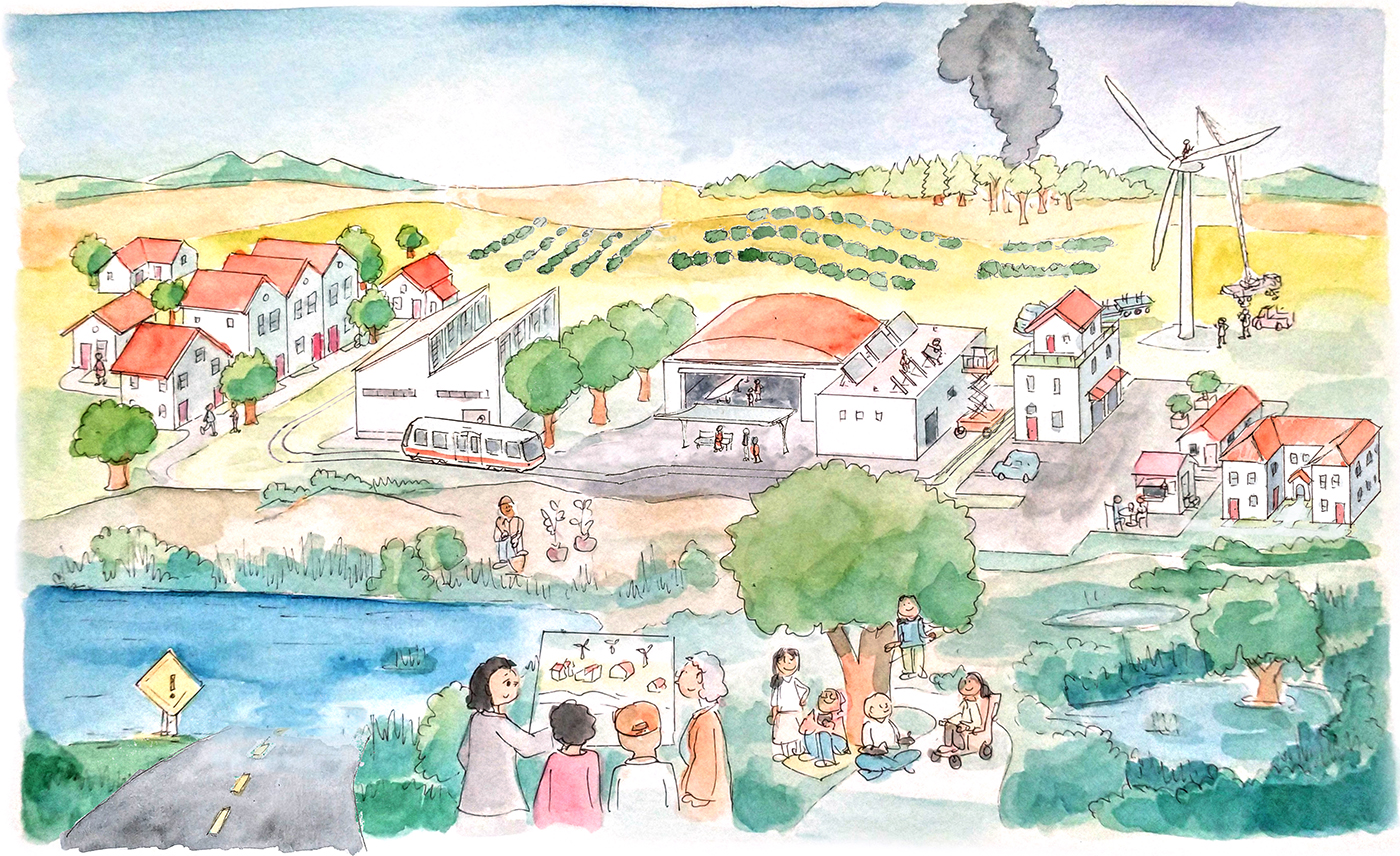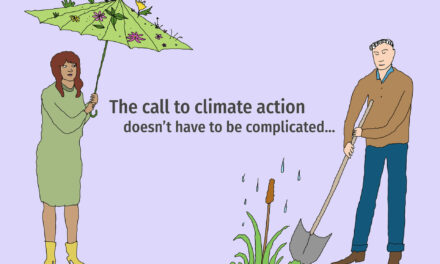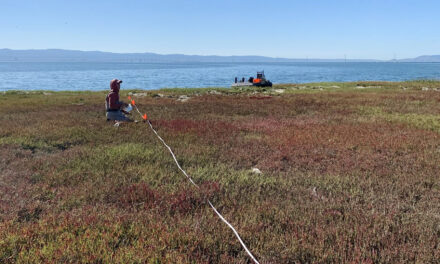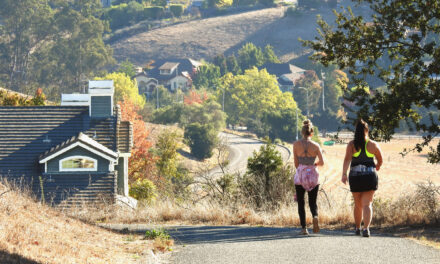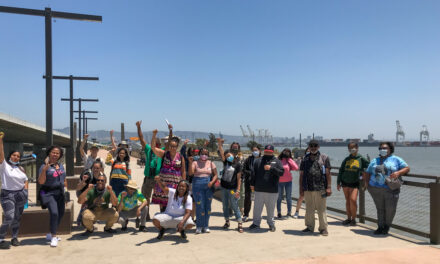New Playbook Details Minutiae of Resilience
In the midst of a climate emergency already thrusting wildfires, drought, and flooding upon us it is easy to feel helpless and lost. The Greenbelt Alliance’s newly released “Resilience Playbook” seeks to combat that resignation by offering a motivating vision and practical steps for building local climate adaptation and resilience. Worried about heat and how it disproportionately affects certain neighborhoods where you live? This resource gives a step-by-step guidance on how to integrate urban greening into general plans, along with a menu of policy examples, budget priorities, and model climate action plans to catalyze resilience action for citizens, municipalities, and community organizations. Critically, the playbook offers advice on effectively partnering with underserved populations and communities who are often left out of the budget and infrastructure conversations where priorities are decided.
Recommendations and “critical actions to take now” come from the Greenbelt Alliance’s six plus decades of land-use policy advocacy and regional collaboration. Executive Director Amanda Brown-Stevens and Director of Climate Resilience Zoe Siegel also bring experience from shepherding the implementation of the 2018 Resilient by Design competition that spurred fantastic visions of South Bay Sponges, Grand Bayways, and Estuary Commons. This playbook focuses on the more mundane minutiae of resilience: city budgets, general plans, and regulations. A decidedly less sexy, and more Sisyphean task — yet also one that is more achievable, and no less important. Whether the intended audience, ranging from local citizens to government planners to political leaders, uses the plays from this book will be up to all of us.
Other Recent Posts
Boxes of Mud Could Tell a Hopeful Sediment Story
Scientists are testing whether dredged sediment placed in nearby shallows can help our wetlands keep pace with rising seas. Tiny tracers may reveal the answer.
“I Invite Everyone To Be a Scientist”
Plant tissue culture can help endangered species adapt to climate change. Amateur plant biologist Jasmine Neal’s community lab could make this tech more accessible.
How To Explain Extreme Weather Without the Fear Factor
Fear-based messaging about extreme weather can backfire. Here are some simple metaphors to explain climate change.
Live Near a Tiny Library? Join Our Citizen Marketing Campaign
KneeDeep asks readers to place paper zines in tiny street libraries to help us reach new folks.
Join KneeDeep Times for Lightning Talks with 8 Local Reporters at SF Climate Week
Lightning Talks with 8 Reporters for SF Climate Week
ReaderBoard
Once a month we share reader announcements: jobs, events, reports, and more.
Staying Wise About Fire – 5 Years Post-CZU
As insurance companies pull out and wildfire seasons intensify, Santa Cruz County residents navigate the complexities of staying fire-ready.
Artist Christa Grenawalt Paints with Rain
Snippet of insight from the artist about her work.
High-Concept Plans for a High-Risk Shoreline
OneShoreline’s effort to shield the Millbrae-Burlingame shoreline from flooding has to balance cost, habitat, and airport safety.
In a Climate Disaster, Your Car Won’t Save You
Fleeing wildfires without a car might seem scary, but so is being trapped in evacuation gridlock — and the hellscape of car-dependency.






